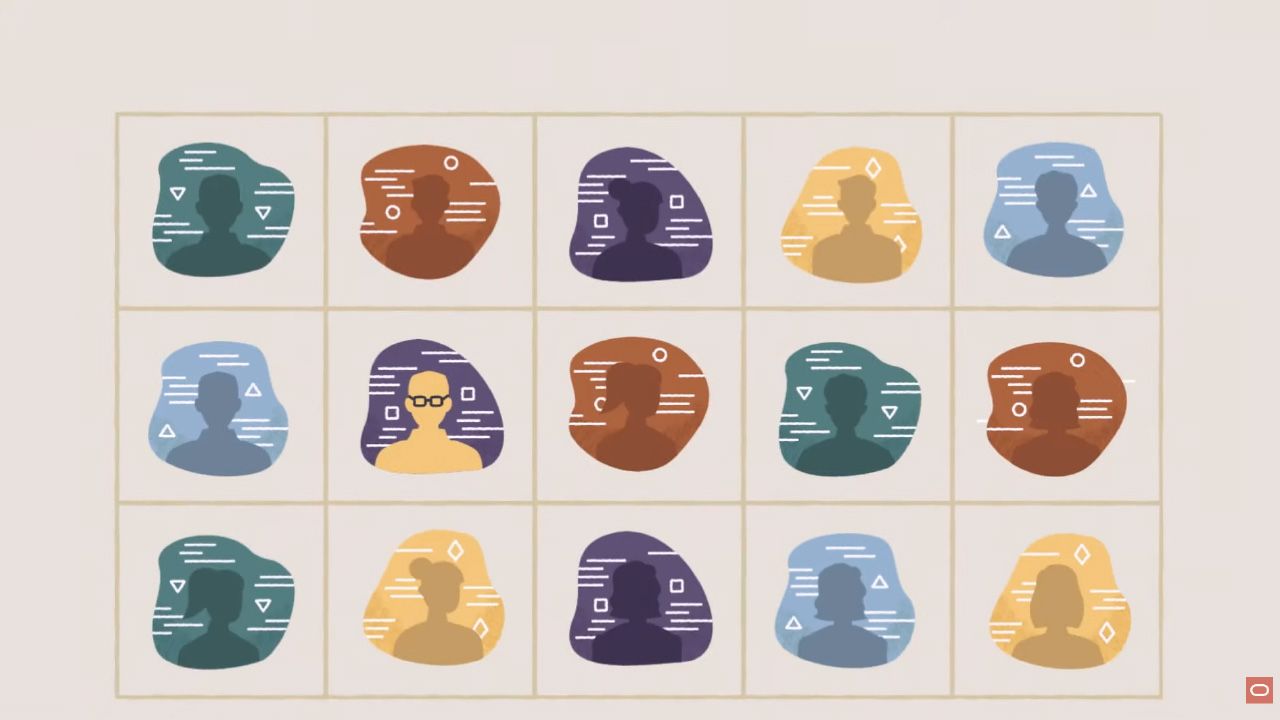
Solutions
Oracle Retail Demand Forecasting
Demand forecasting is a critical process for retailers, as it affects various aspects of their business, such as planning, inventory management, supply chain optimization, customer satisfaction, and profitability. However, demand forecasting is also a complex and challenging task, as it involves dealing with large amounts of data, multiple demand drivers, seasonal patterns, promotional effects, new products and locations, and uncertain market conditions.
To address these challenges, Oracle Retail offers a comprehensive and integrated solution that leverages advanced analytics and artificial intelligence (AI) to provide accurate and reliable demand forecasts for the entire product lifecycle. Oracle Retail Demand Forecasting (RDF) is a Windows-based statistical and promotional forecasting solution that uses state-of-the-art modeling techniques to produce high quality forecasts with minimal human intervention. RDF is paired with Oracle Retail AI Foundation Cloud Service, which provides analytical insights to drive planning, buying, moving of inventory, and selling decisions.
RDF has been integrated into Oracle Retail Inventory Planning Optimization Cloud Service (IPOCS), which delivers a single view of demand across retail processes and enables retailers to execute smarter demand planning with AI and machine learning. IPOCS also includes other modules such as Demand Transference, Data Store, Offer Analysis, and Business Rule Engine, which enhance the functionality and value of RDF.
In this article, we will explore how RDF works and how it helps retailers improve their demand forecasting performance and outcomes.
How RDF works

RDF uses a combination of statistical methods to generate forecasts for different types of products and demand patterns. RDF automatically selects the best forecasting method among a large selection, such as Simple Exponential Smoothing, Holt Exponential Smoothing, Additive and Multiplicative Winters Exponential Smoothing, Croston's Intermittent Demand Model, and Seasonal Regression forecasting.
RDF also incorporates the effects of promotions and other causal events on demand by using promotional models that account for various factors such as price elasticity, cannibalization, halo effect, stock-out effect, seasonality adjustment, and lift decay.
RDF can handle difficult demand patterns such as data sparsity, new products and locations, outliers, and 53-week calendar by using escalation and pooling levels, new item forecasting models, automated exception reporting, and calendar adjustment techniques.
RDF provides a user-friendly interface that allows users to review and adjust forecasts, analyze forecast errors and accuracy metrics, compare different forecast scenarios, approve or reject forecasts, and export forecasts to other systems.
How RDF helps retailers

RDF helps retailers improve their demand forecasting accuracy and efficiency by providing several benefits such as:
- Reducing forecast errors and bias by using advanced statistical models that capture the underlying demand patterns and drivers.
- Increasing inventory productivity and customer satisfaction by providing accurate forecasts at the store level and across channels.
- Adapting to changing market conditions by reflecting recent trends, seasonality, out-of-stocks, promotions, and other demand drivers.
- Simplifying forecast management by using exception-driven processes paired with an experience-inspired user interface.
- Enhancing decision making by providing analytical insights from Oracle Retail AI Foundation Cloud Service.
- Integrating with other Oracle Retail solutions such as IPOCS to deliver a holistic view of demand and enable optimal planning and optimization strategies.
Conclusion
Oracle Retail Demand Forecasting is a data-driven solution that helps retailers improve their demand forecasting accuracy and efficiency. By using advanced analytics and AI, RDF provides accurate forecasts that enable retailers to coordinate demand-driven outcomes that deliver connected customer interactions. RDF is integrated with other Oracle Retail solutions such as IPOCS to provide a comprehensive and seamless solution for planning and optimization.
